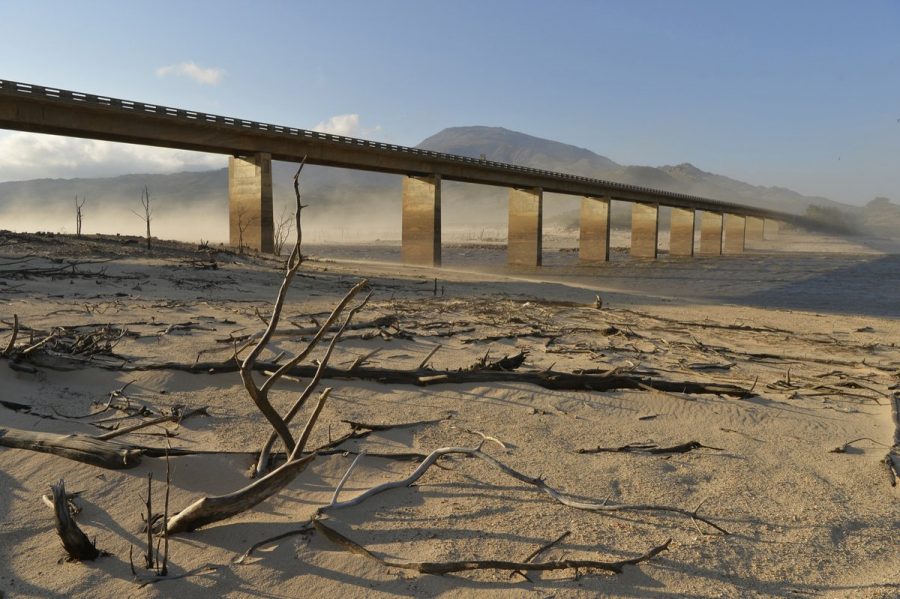
Drought Crisis: Please Don’t Use More Water When It Rains
The City of Cape Town has revealed that the City’s catchment areas received insufficient rainfall this past weekend. In a media statement, the City warned residents NOT to relax their water-saving efforts despite the rainfall and cold spell… as the metro and other parts of the country remain in the grip of the severe […]
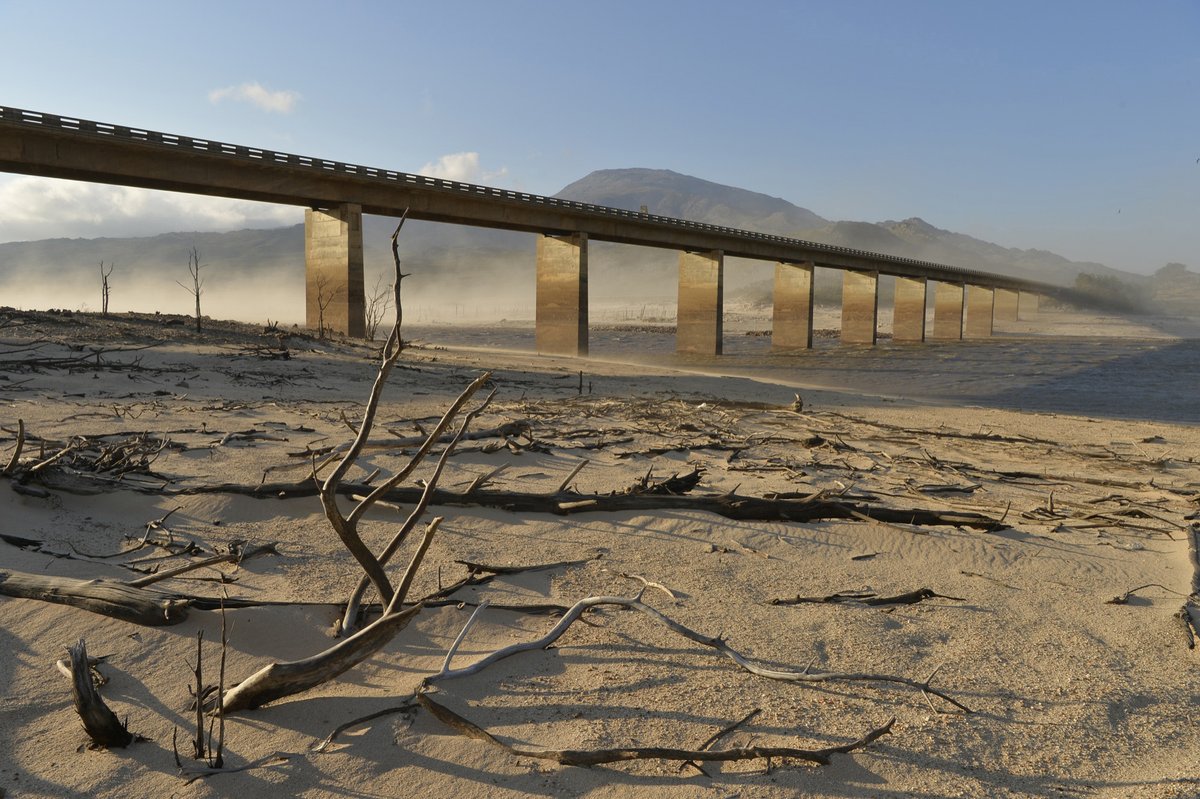
The City of Cape Town has revealed that the City’s catchment areas received insufficient rainfall this past weekend. In a media statement, the City warned residents NOT to relax their water-saving efforts despite the rainfall and cold spell… as the metro and other parts of the country remain in the grip of the severe drought.

Dam storage levels are at 26,4% but useable water is only at approximately 16,4% which is very low for this time of the year.
Collective water usage is 613 million litres per day. This is 113 million litres above the new target of 500 million litres of collective water usage under Level 4b water restrictions. This is despite the rainfall and winter weather conditions.
The City requires all water users to use less than 87 litres of water per person per day in total, irrespective of whether they are at home, work or elsewhere.
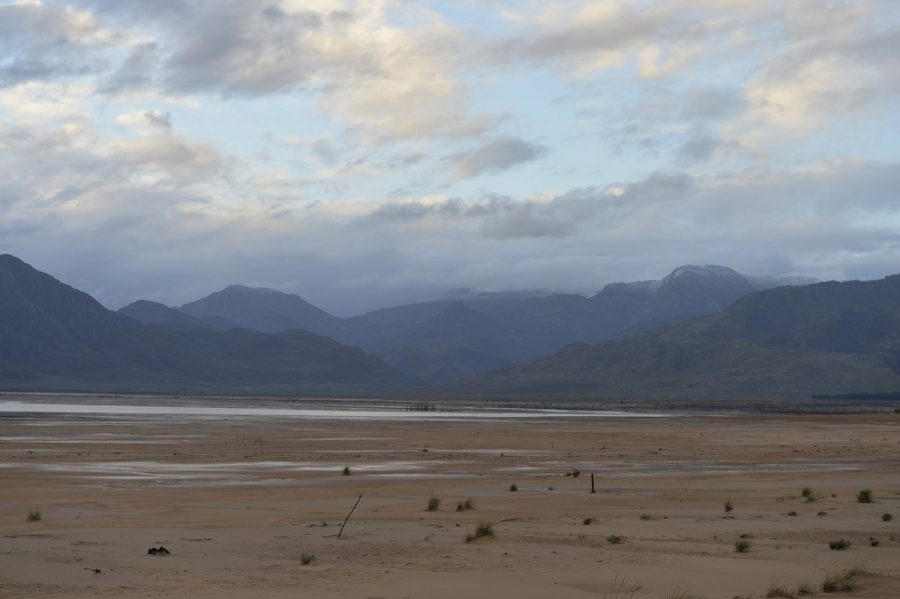
‘It is clear from our water usage figures that many consumers continue to be influenced by the weather – whether it be cold and rainy or dry and hot in the summer. This is part of the challenge of the behaviour change path that we are currently on.
‘We will have those users who wrongly believe that a bit of rain will lift us out of the drought. Similarly, we’ll have those who fight and resist the water restrictions and usage limits.
“The fact remains that we do not have a choice. We must save water while we still have it. We are expecting a tough summer ahead. Those great water ambassadors should please continue their efforts to influence their peers.
“Warning letters are currently being sent to exorbitant users. If they fail to act or to justify their high usage, water supply to their properties will be restricted,’ said the City’s Mayoral Committee Member for Informal Settlements, Water and Waste Services; and Energy, Councillor Xanthea Limberg.
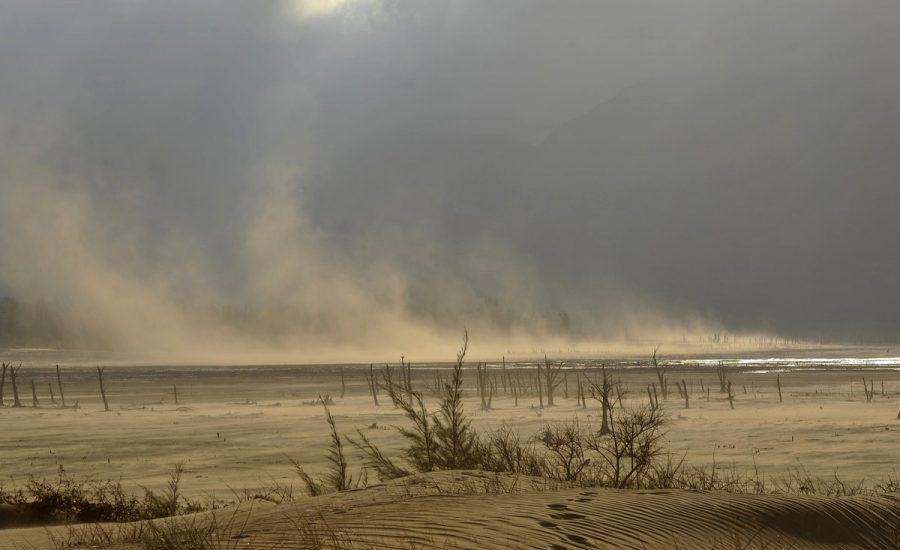
The City has been monitoring metro-wide high users since January 2017… and statistics show that the top 100 high-user list has been reduced by 80% – through the City’s engagement with these users, by fixing leaks or other reasons for the high consumption. The stubborn high users, as well as other high users, are now being targeted.
This is part of the City’s ongoing proactive drought management interventions, along with increasing the large-scale pressure reduction programmes across Cape Town to force down consumption. Other emergency interventions are under way.
For information on how to adhere to the less than 87-litre usage requirement, residents should please visit the water restrictions page on the City’s website: www.capetown.gov.za/thinkwater
Water supplied by the City remains safe to drink and is tested in accordance with the most rigorous safety standards.
The table below shows rainfall received between 14 and 16 July 2017. It includes the long-term average for July in various areas:
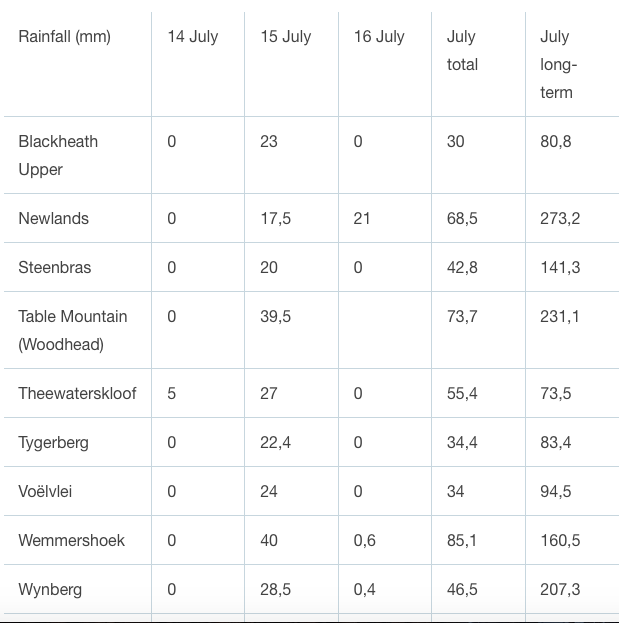 Source, including all images: CapeTown.gov.za
Source, including all images: CapeTown.gov.za
